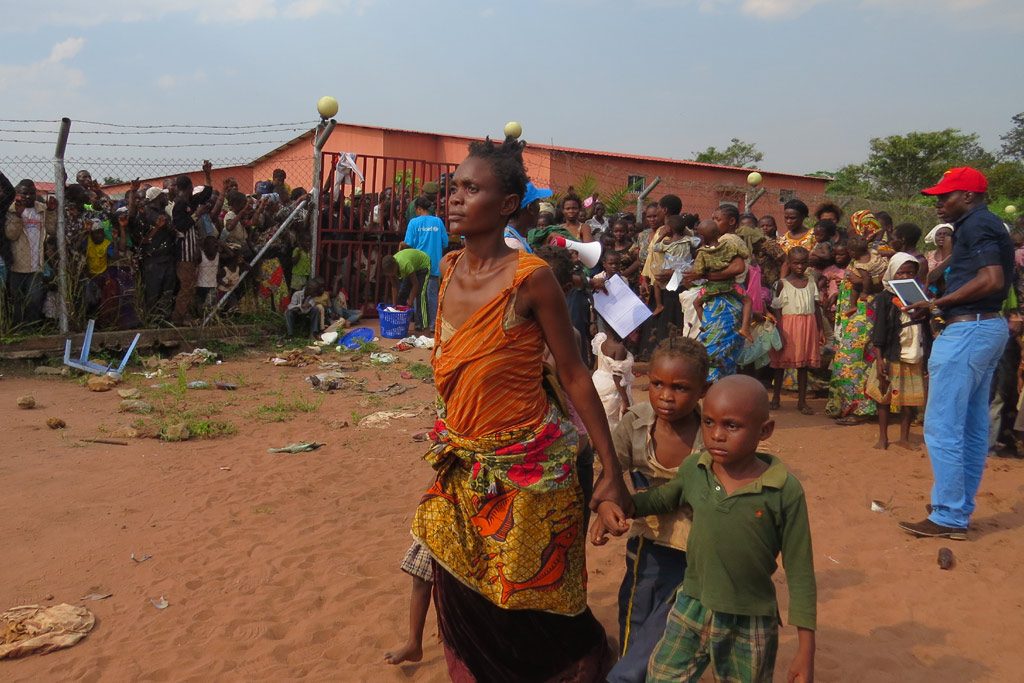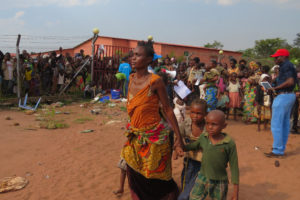
 The United Nations refugee agency has alerted the humanitarian community about the violence and continued displacement of civilians in the Democratic Republic of the Congo (DRC) from the Kasai region where the estimated number of displaced people now exceeds 1.3 million, describing the situation as particularly worrying.
The United Nations refugee agency has alerted the humanitarian community about the violence and continued displacement of civilians in the Democratic Republic of the Congo (DRC) from the Kasai region where the estimated number of displaced people now exceeds 1.3 million, describing the situation as particularly worrying.
“Delivering assistance and protection to internally displaced people is a huge challenge, given the size of the area impacted – the Kasai region is about the size of Germany – but has difficult road conditions and lacks security,” said William Spindler, spokesperson for the Office of the UN High Commissioner for Refugees (UNHCR), at a press briefing in Geneva Friday.
The conflict in the Kasai region, which started in late 2016 between a local traditional leader – the Kamuina Nsapu – and state authorities, continues to expand, with other armed groups springing up and committing severe human rights abuses against civilians, the UN agency recalled.
Spindler noted that during recent missions to two provinces bordering the main conflict region, Kwilu and Lualaba, UNHCR’s team met some extremely vulnerable new arrivals.
“Many said that they spent weeks fleeing through the dense forest without food, drinking water, medicine or clothes and saw people dying on the way, including women and children,” he said.
He warned that the risk of sexual abuse and exploitation makes the situation particularly worrying, as many children and women fled on their own and some unaccompanied minors are without proper foster care arrangements.
The majority of those displaced are being accommodated by host communities, despite limited resources.
UNHCR is strengthening its response on the ground, closely working with national partner organizations to distribute more than 267,000 hot meals daily in five provinces affected by the displacement, namely Kasai, Kasai Central, Kwango, Kwilu and Lualaba.
A first distribution of essential household items to some 20,000 vulnerable people in Lualaba province will also start in the coming days, Mr. Spindler said.
